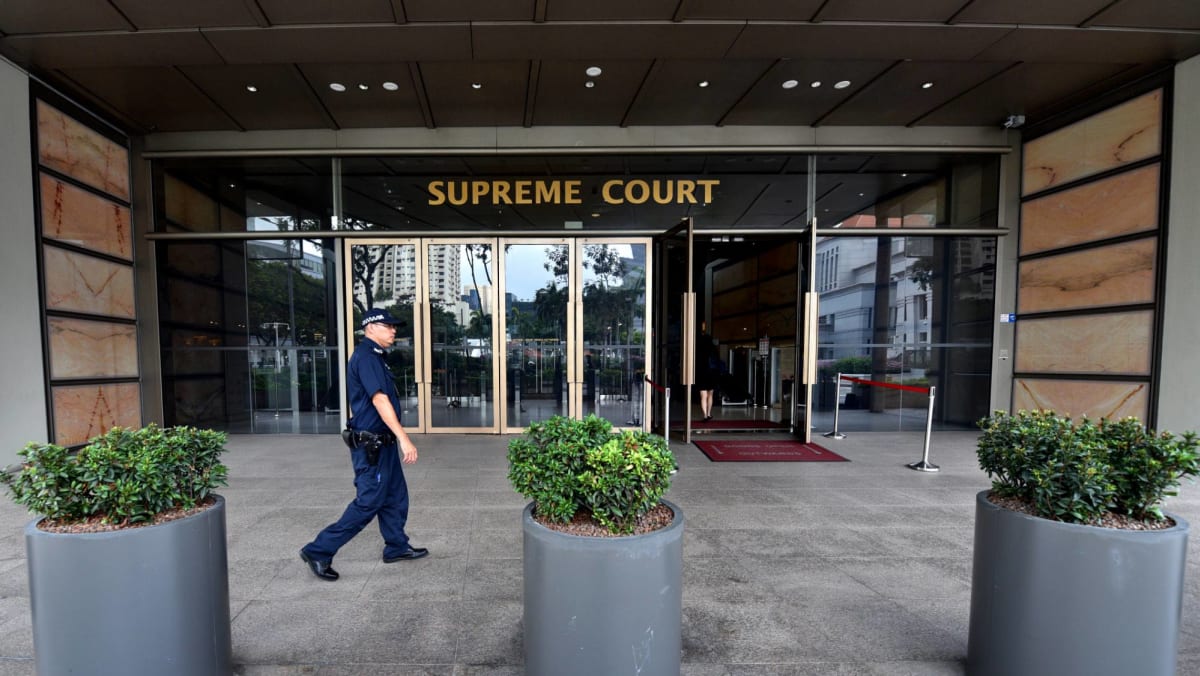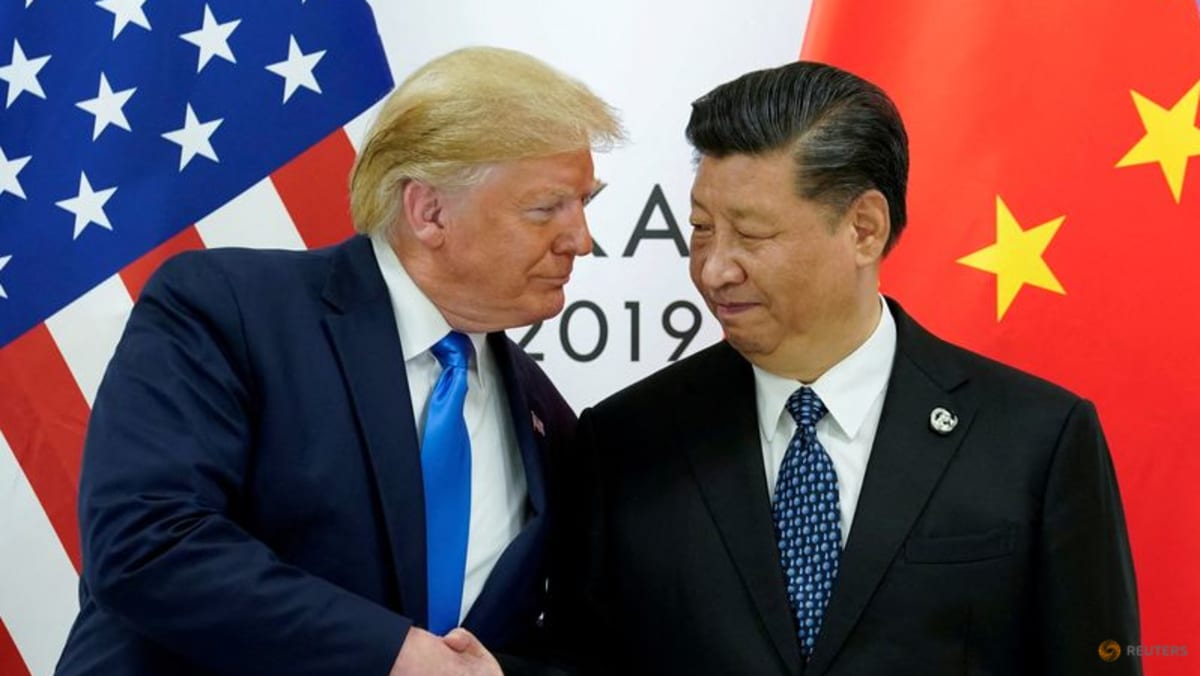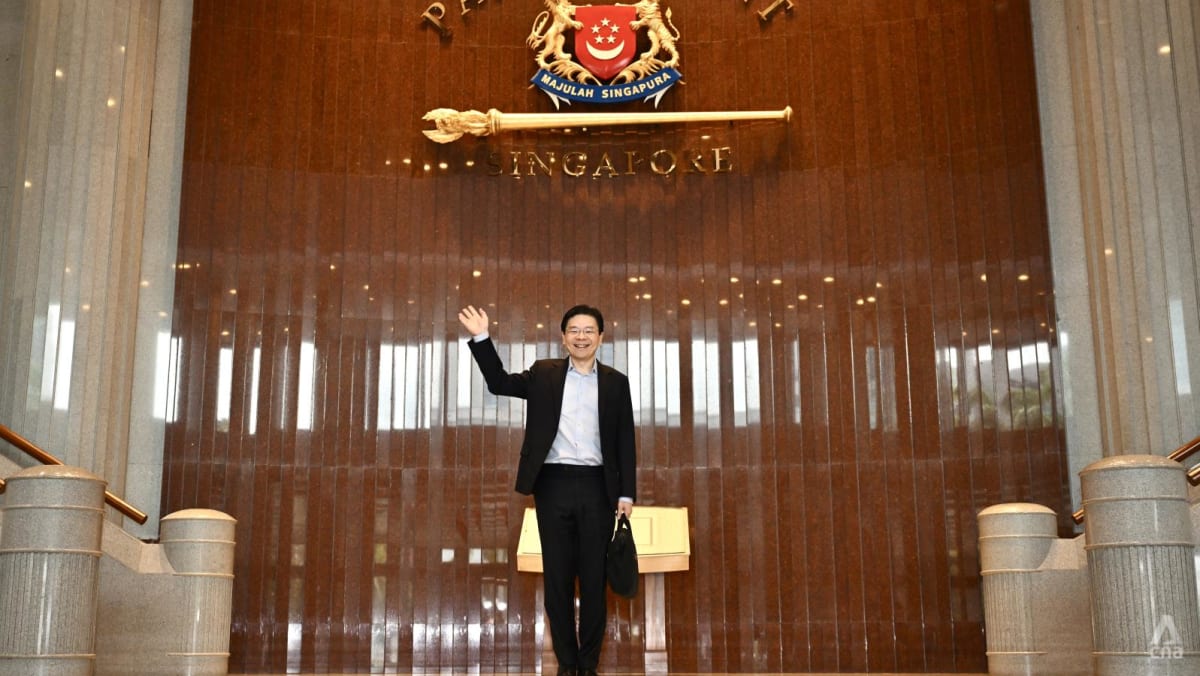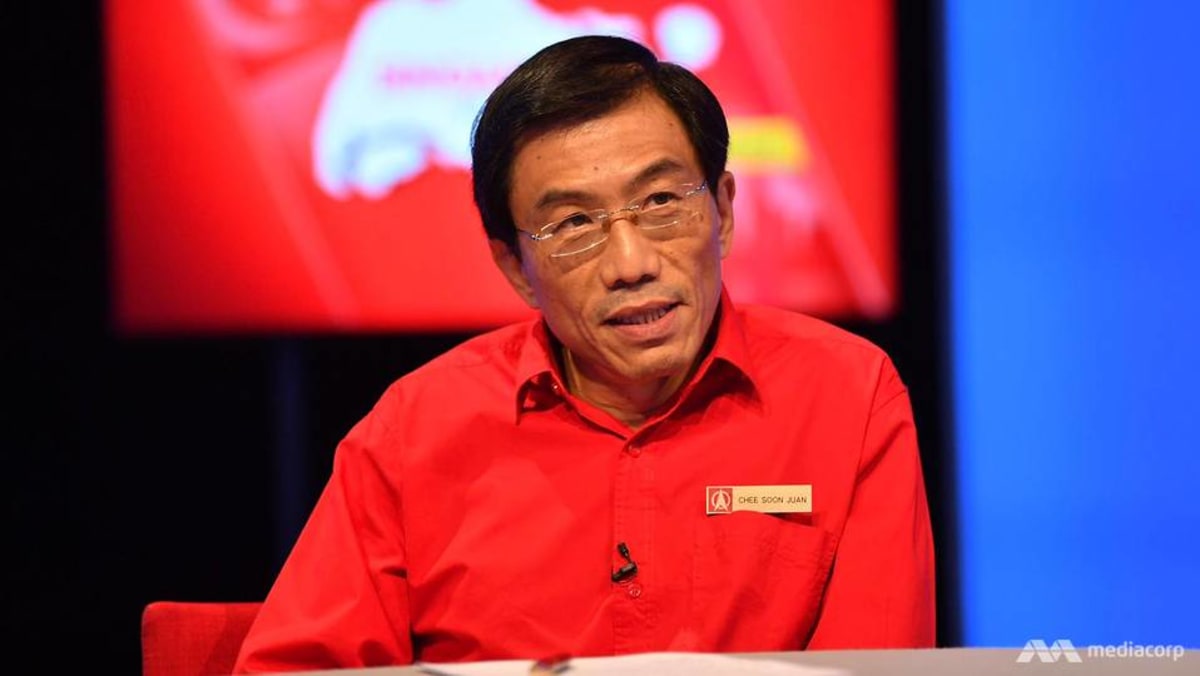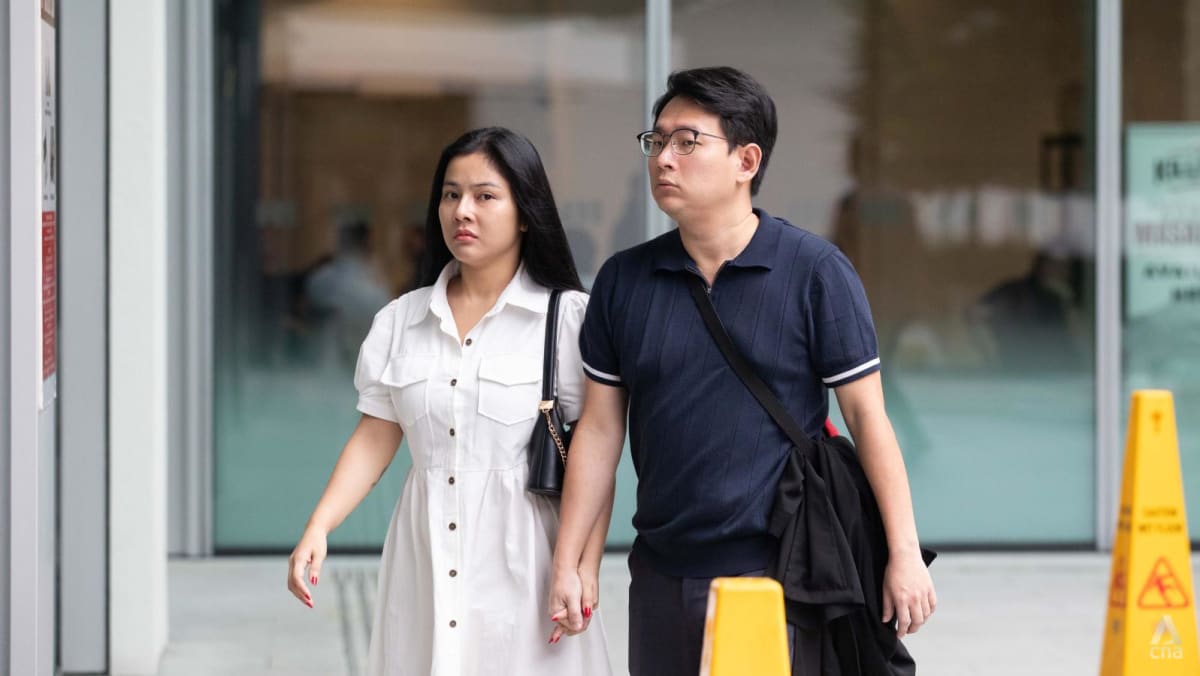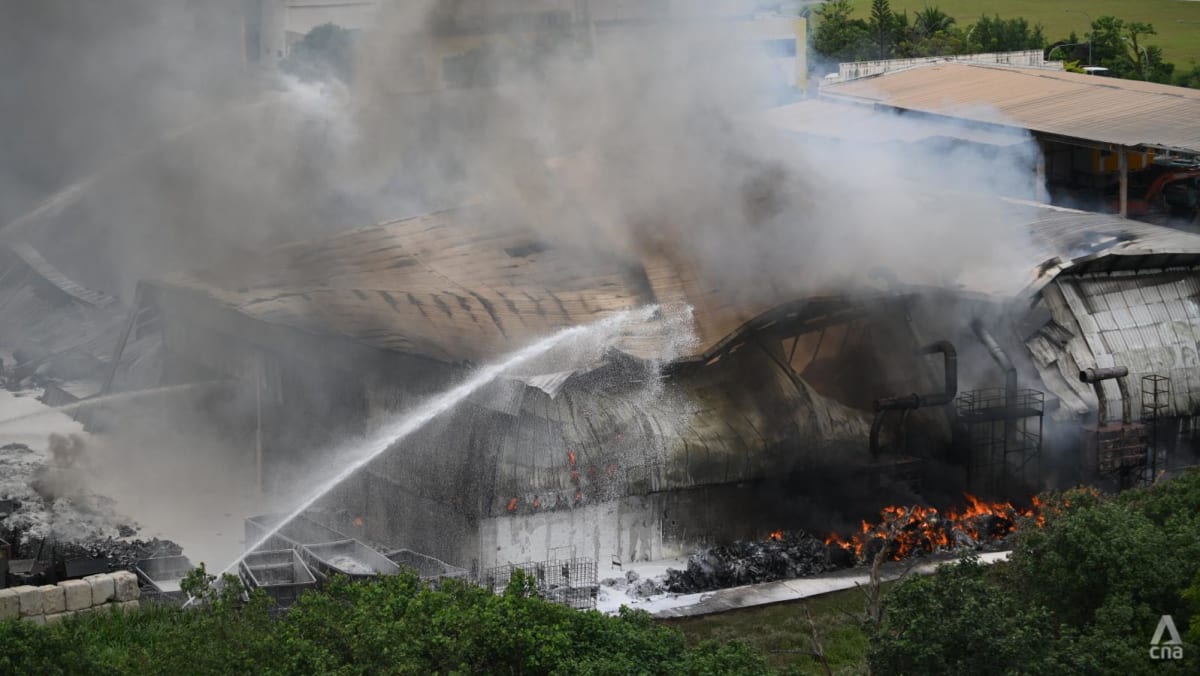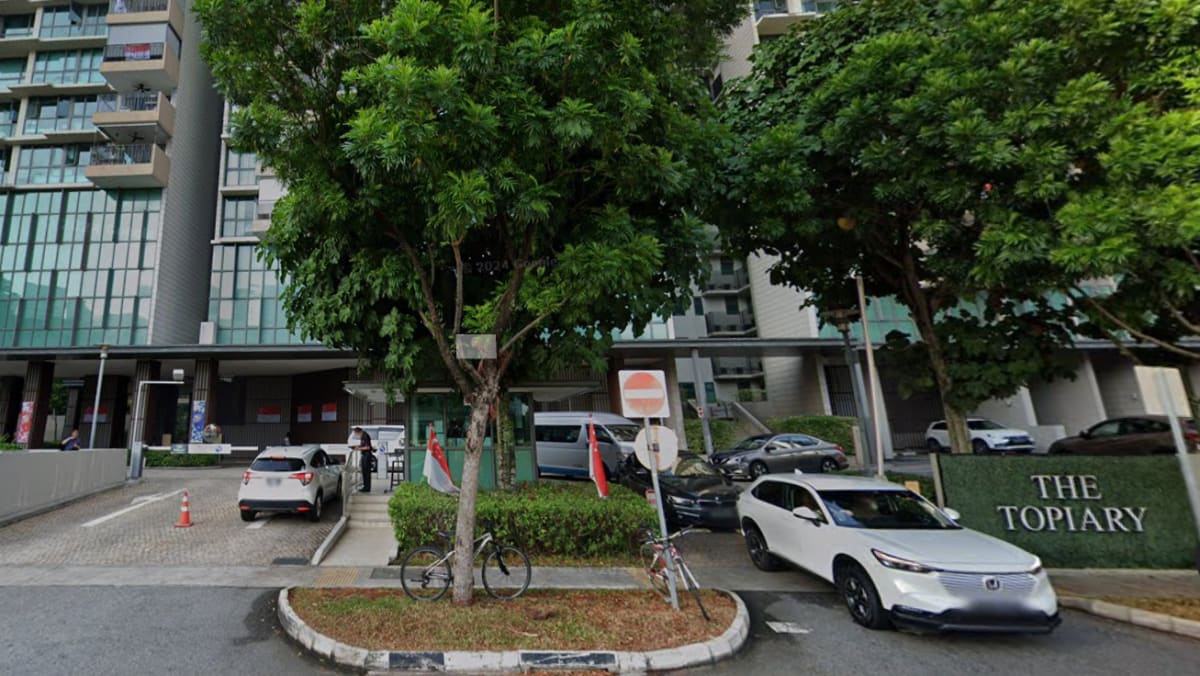The government will continue to monitor fiscal trends closely and update Singapore’s medium-term projections, said Mr Wong.
“In the meantime, we will spend responsibly and ensure resources are allocated effectively.”
If and when there is more revenue, Singapore will put it to “good use”, said the Prime Minister.
THE BUDGET IN NUMBERS
Singapore’s revenue for 2025 is estimated to be S$122.8 billion (US$91.4 billion), 5.3 per cent or S$6.2 billion more than the previous year’s revised estimates.
The increase is expected to come from increased collections from corporate income tax, personal income tax, goods and services tax (GST), customs excise and carbon taxes, and others.
Total expenditure is estimated to be S$123.8 billion, up 9.6 per cent or S$10.9 billion from the revised 2024 figure.
When ministry expenditure is combined with other components such as special transfers and the impact of the Significant Infrastructure Government Loan Act is taken into account, the estimated size of this year’s Budget is S$143.1 billion, up from S$134.2 billion last year.
The biggest increases in government expenditure are from the Ministry of Health, the Ministry of Defence and the Ministry of Trade and Industry.
Social spending is expected to take up around half of the expenditure at S$61.3 billion. Security and external relations will cost S$33.2 billion, while economic spending is set to come in at S$24.5 billion. Government admin is projected to cost S$4.7 billion.
The net investment returns contribution (NIRC) is expected to bring in S$27.1 billion this year, 12.9 per cent more than the revised amount for 2024.
Overall, the final budget position is expected to come up to a surplus of S$6.8 billion, or 0.9 per cent of GDP.
That is around the same level as the surplus for the previous financial year, which was revised to S$6.4 billion, up from the estimate of about S$800 million.
The government collected more revenue than anticipated in financial year 2024, with operating revenue rising to S$116.6 billion, 7.3 per cent or S$8 billion more than estimated.
Total expenditure increased 1 per cent or S$1.2 billion to S$112.9 billion, driven in part by public housing needs and defence spending.
The government spent less than expected on healthcare as there were reduced requirements related to COVID-19, and a lower-than-expected take-up rate for community care salary enhancement schemes.
“A critical enabler for Singapore’s continued success is sound and healthy public finances,” said Mr Wong. “We achieve this by living within our means and running a balanced budget over each term of government.
“This means spending prudently to meet our immediate and future needs, ensuring that our revenues cover expenditures, and keeping the tax burden as low as we can, while not burdening Singaporeans with debt.”
